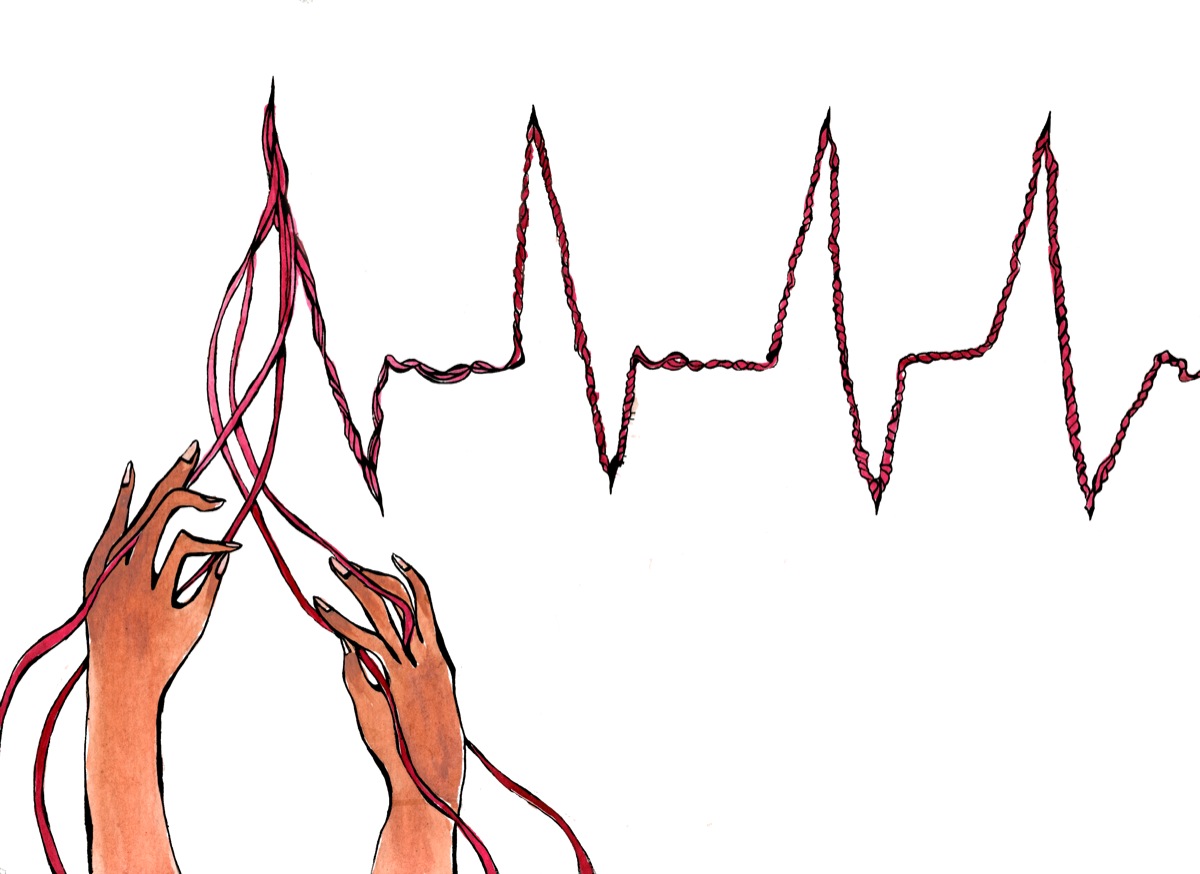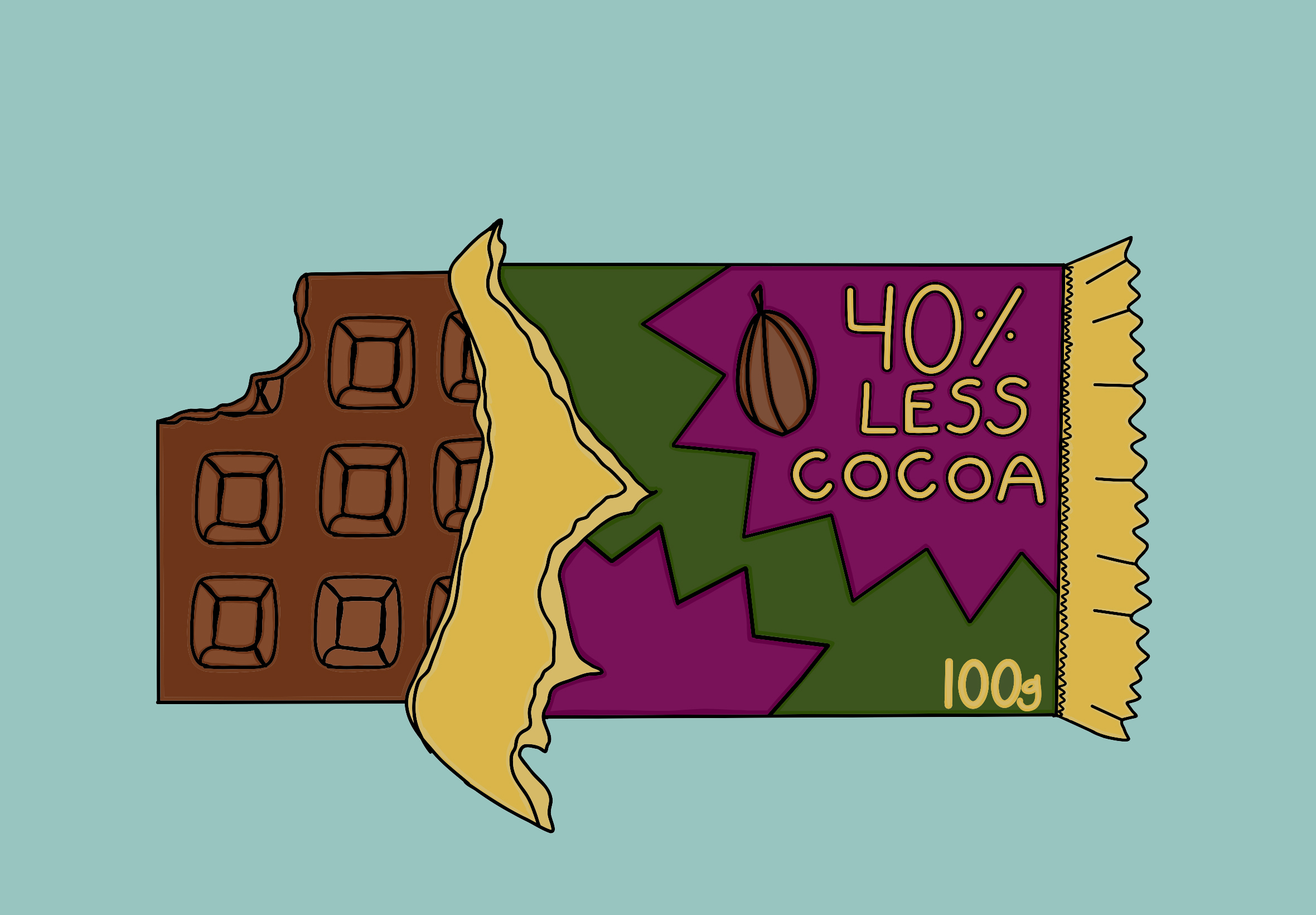Along with cold winds and crunchy leaves, September brings the apprehension of a new semester. Just over one year ago, that nervous feeling in the pit of my stomach was at its peak—the first day of grad school suddenly felt oddly similar to the first day of kindergarten, except this time, my excitement for class trumped the terror of leaving my mom’s side.
I ended up choosing Public Health because it seemed to compliment my experience in program evaluation. It aligned with my values and tendency to be a “big picture,” macro-level thinker. I also felt that a Master in Public Health (MPH) would be a specialized degree that could help foster my passion and direction: Global and Indigenous Health.
I walked into one of my first classes and sat down, and we reviewed the course syllabus and expectations. All seemed standard, until I heard the words of my professor: “On the last day of class [November 29th], we will discuss Aboriginal health. But don’t worry, you won’t be examined on it.”
Boom. The first hit of racism in my graduate education. It hit hard —not just for personal reasons as a First Nations woman, but objectively speaking, Aboriginal health was and continues to be an extremely current and relevant topic in public health. It was a particularly timely topic as on Oct. 1, 2013, the federal government was to officially transfer health care responsibilities to the First Nations Health Authority. This was not just a pinnacle step for self-governance and B.C. First Nations, but it was a precedence-setting model for health care delivery in Canada.
Wouldn’t this be something that MPH students should learn about? Isn’t this a relevant public health issue, surely worth discussing before the last day of the semester? Something that is worth being tested on?
In that same class, we had to choose a partner to develop a presentation on any public health topic. I met a classmate who said she was interested in Aboriginal health—we instantly saw eye-to-eye, and decided to become partners. Our presentation, “Promoting Equitable Health Care for Aboriginal Peoples in B.C.,” included research on the historical and present context for Aboriginal health. We were committed to providing our class with the most in-depth explanation possible on this issue, hoping to put racism on the table as a discussion topic. And naturally, we volunteered to be the first pair to present—on Oct. 1, 2013.
I realized on that first day of school that my professors and classmates would not necessarily mirror my perspectives and values. Several experiences of racism were to follow, making classes uncomfortable, frustrating, and hurtful. As the only self-identifying Aboriginal student in my cohort, it became apparent that I had two options: quit, and physically claim my space as an outsider, or stick it out and do my best, knowing that this was clearly the more challenging route.
So, I made the decision not to run. I embraced the discomfort as a learning opportunity, thinking I could possibly form allies who would also champion for positive change. And I became certain that this was exactly where I needed to be.








